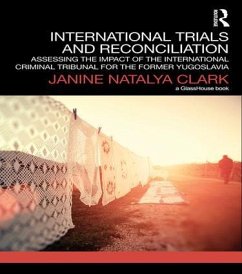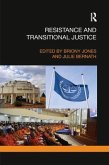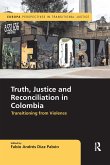While there has been much discussion about whether criminal trials can aid reconciliation, the extent to which they actually do so in practice remains under-explored. This book investigates the relationship between criminal trials and reconciliation, through a particular focus on the International Criminal Tribunal for the former Yugoslavia (ICTY). Using detailed empirical data - in the form of qualitative interviews and observations from five years of fieldwork - to assess and analyze the ICTY's impact on reconciliation in Bosnia-Hercegovina, Croatia and Kosovo, the book argues that reconciliation is not a realistic aim for a criminal court. Challenging many of the common, yet untested assumptions, about the benefits of criminal trials, this innovative - and extremely timely - monograph will be invaluable for those with interests in the theory and practice of transitional justice.








